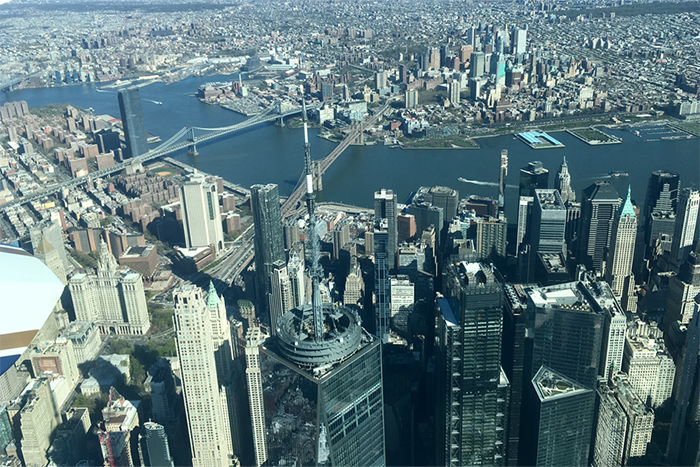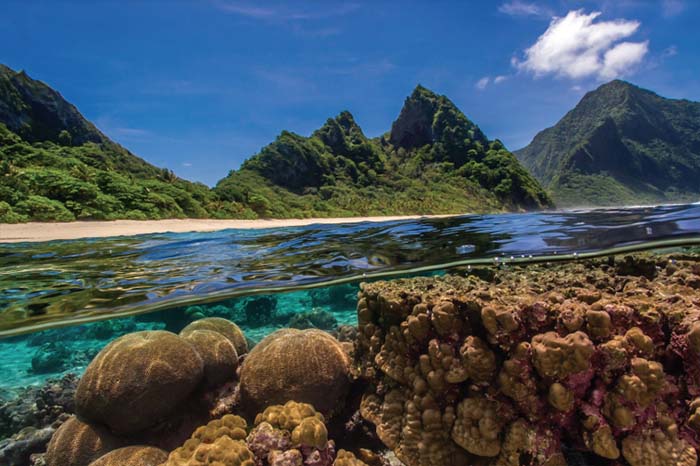The Northeast U.S. continental shelf is home to some of the worlds’ most productive and commercially valuable fisheries, but the region is affected by changing climate. A new study may lead to better understanding of the region and its seasonal cycle.
NOAA’s National Integrated Heat Health Information System and science partner, CAPA Strategiesoffsite link, are now accepting applications from organizations interested in participating in the 2022 Urban Heat Island mapping campaigns.
On average there are about 80 tropical cyclones a year. The question scientists ask is: why 80? Will this number increase or decrease as the planet warms? A new review paper, published in the Earth’s Future journal, presents the state of the science.
Although methane emissions have declined in the western United States in recent years, but methane leaks continue. Close monitoring in Utah’s Uinta Basin shows what is improving and what remains to be fixed.
Wildfire is part of the natural ecosystem cycle over the western United States, but recent increases in frequency and intensity are mainly driven by climate change, a new study shows.
Urban areas can better reduce their greenhouse gas emissions with detailed, timely, comprehensive emission data. The Integrated Global Greenhouse Gas Information System (IG3IS), intended to meet new reporting goals, is now open for comment.
Several new NOAA Climate Program Office projects, focused on island resilience and coastal blue carbon among others, were highlighted during events hosted by the US Center during the 2021 UN Climate Change Conference (COP26).

Global carbon emissions are projected to bounce back to 36.4 billion metric tons this year after an unprecedented drop caused by the response to the coronavirus pandemic, according to an annual report by the Global Carbon Project.

The 2021 Pacific Islands Climate Storybook, describing community experiences in addressing the impacts of a changing climate in Pacific Island countries, is now available. It was coauthored by investigators from NOAA’s Pacific Regional Integrated Sciences and Assessments (RISA).
Applications are now being accepted for the 2022 cohort of the Urban Heat Island (UHI) mapping campaigns. The campaign is sponsored by the National Integrated Heat Health Information System (NIHHIS) and Climate Adaptation Planning Analytics (CAPA) Strategies.